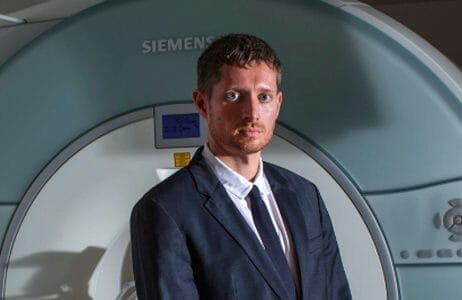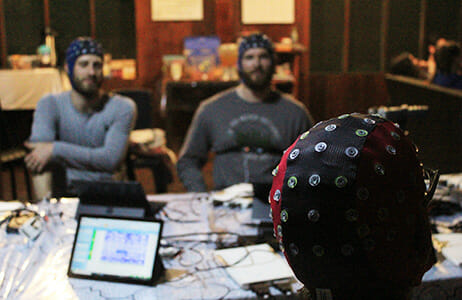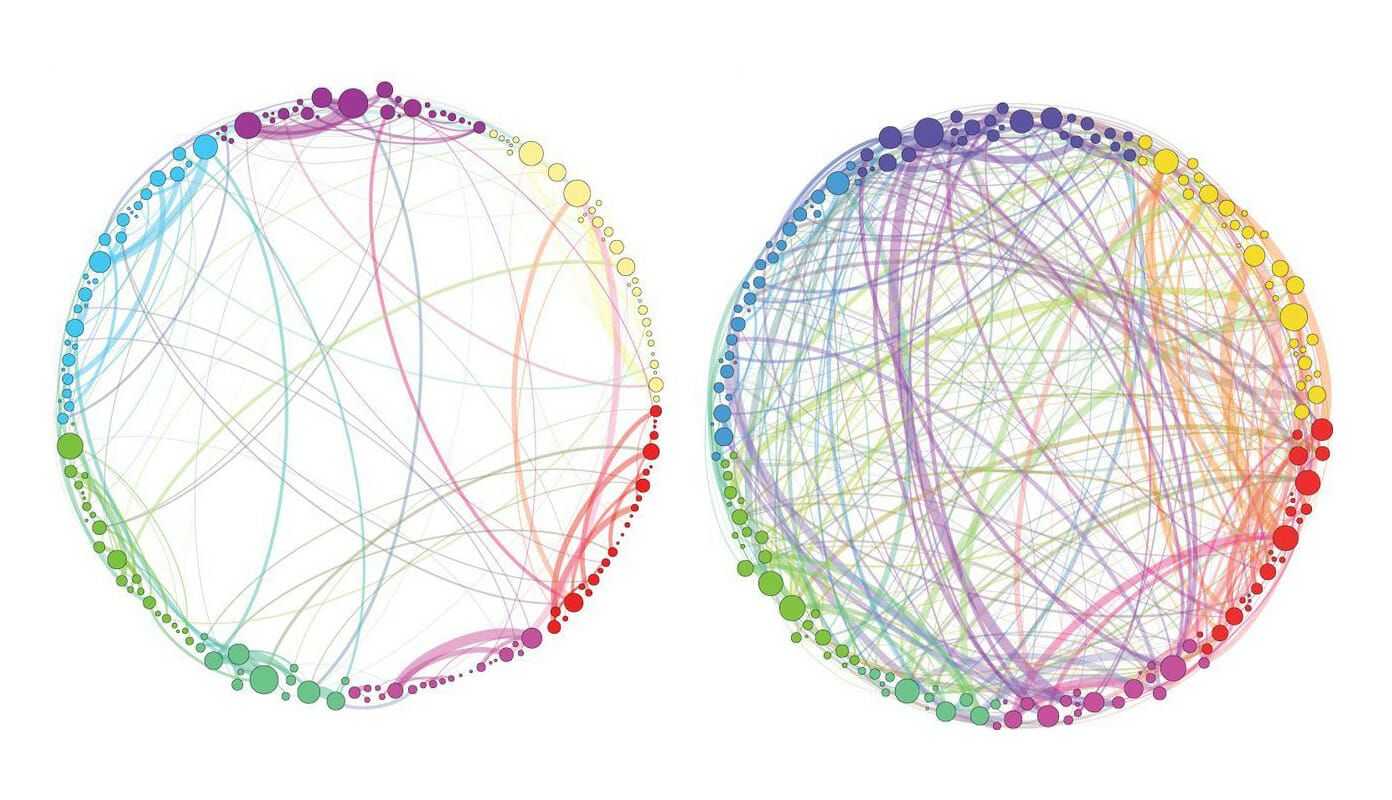HHP Works with Leading Medical Researchers to Improve Veterans’ Access to Psychedelic Programs
HHP is Leading the Way in Studying Psychedelics for PTSD and Traumatic Brain Injury in Veterans
A core part of our work is to lead and contribute to the latest research into psychedelic programs that could lead to improved availability of psychedelic programs in the U.S. and improved quality of care for veterans suffering from PTSD, Traumatic Brain Injury, and more. As evidence for the benefits of psychedelics continues to grow, it becomes easier to increase access to psychedelic programs for those in need.
We have collaborated over the years with researchers at some of the world’s leading scientific institutions to study the impacts of psychedelics on the psychology and physiology of veterans with PTSD, Traumatic Brain Injury, and other military and combat related trauma. Organizations we’ve worked in partnership with include but are not limited to:
- Imperial College London
- King’s College London/Onaya Science
- University of San Francisco
- University of Texas
- University of Melbourne
- University of West England
- University of British Columbia
- University of Georgia
- University of Colorado, Boulder


Under the direction of Dr. Grace Blest-Hopley in the United Kingdom, we are currently conducting a large observational study of over 400 veterans in real-world, HHP-program settings.
An Exciting Time for Research Breakthroughs in PTSD Science
In the 60’s and 70’s, psychedelic research in the U.S. was completely shut down for an entire generation due to the optics of the War on Drugs. Today, the scientific study of psychedelics and PTSD are advancing at an unprecedented clip. Worldwide, there are hundreds of ongoing research projects into the medical applications of psychedelics…this number grows every year.
There is already substantial evidence that psychedelics such as MDMA, psilocybin, and LSD can alleviate or reduce anxiety, depression, addiction, PTSD and fear approaching end of life. Psychedelics are also shown to have lasting improvements on creativity, the ability to connect to others and overall life satisfaction.
New brain imaging technologies (such as magnetoencephalography, magnetic resonance imaging, functional magnetic resonance imaging, diffusion tensor imaging, positron emission tomography, magnetoencephalography, and macromolecular proton fraction mapping), new methods of data collection and analysis (such as computer modeling), and new scientific areas of study (such as epigenetics and pharmacogenomics) have the potential to revolutionize our understanding of the brain and how to heal PTSD as effectively as possible.


“…It becomes increasingly important to monitor (psychedelic) use and utility outside of clinical and laboratory settings—which would not be possible without the efforts of the brilliant team at Heroic Hearts, UK.”
Dr. Robin Carhart-Harris,
The Centre for Psychedelic Research,
Imperial College, United Kingdom.


Psychedelic retreat participants volunteer to wear EEG caps and monitors that measure other physical functions during a retreat, resulting in a rich multi-dimensional set of real-time data that has never before been collected. The data will measure effectiveness of HHP psychedelic retreats in the real world and help improve healing processes.
Read the Latest On Our Research
- New Research Study: Exploring the Power of Breathwork to Support Veterans with PTSHeroic Hearts Project is proud to partner with Vivian Rosenthal of Frequency Breathwork and Dr. Adam Hanley of Florida State University on a new research study exploring the potential of cyclical breathwork to improve the well-being of veterans experiencing post-traumatic stress (PTS). Jordan Sloshower, MD, of Yale University, is the lead psychiatrist on the study About the… Read more: New Research Study: Exploring the Power of Breathwork to Support Veterans with PTS
- Is Your Battle Buddy at Risk? How to Spot Suicidal Ideation and The VA’s Push for Psychedelic TherapyWritten by: David Connell The mental health crisis among U.S. military veterans is an ongoing and urgent issue, with post-traumatic stress disorder (PTSD) and suicide rates continuing to rise. According to the 2024 National Veteran Suicide Prevention Annual Report, 6,407 veterans died by suicide in 2022, with an average of 17.6 veteran suicides per day.… Read more: Is Your Battle Buddy at Risk? How to Spot Suicidal Ideation and The VA’s Push for Psychedelic Therapy


